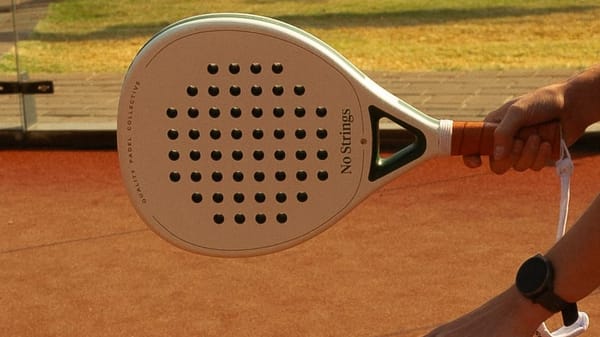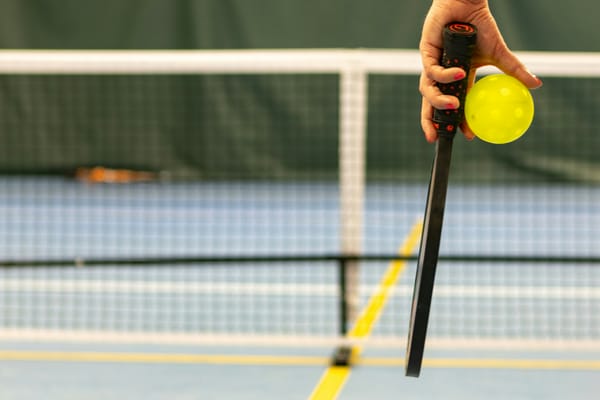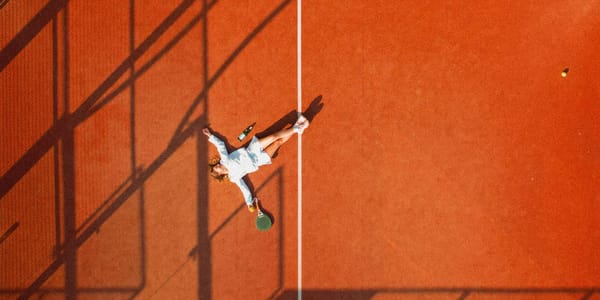The UK Padel scene: The Boom, the Buzz, and the Bumps
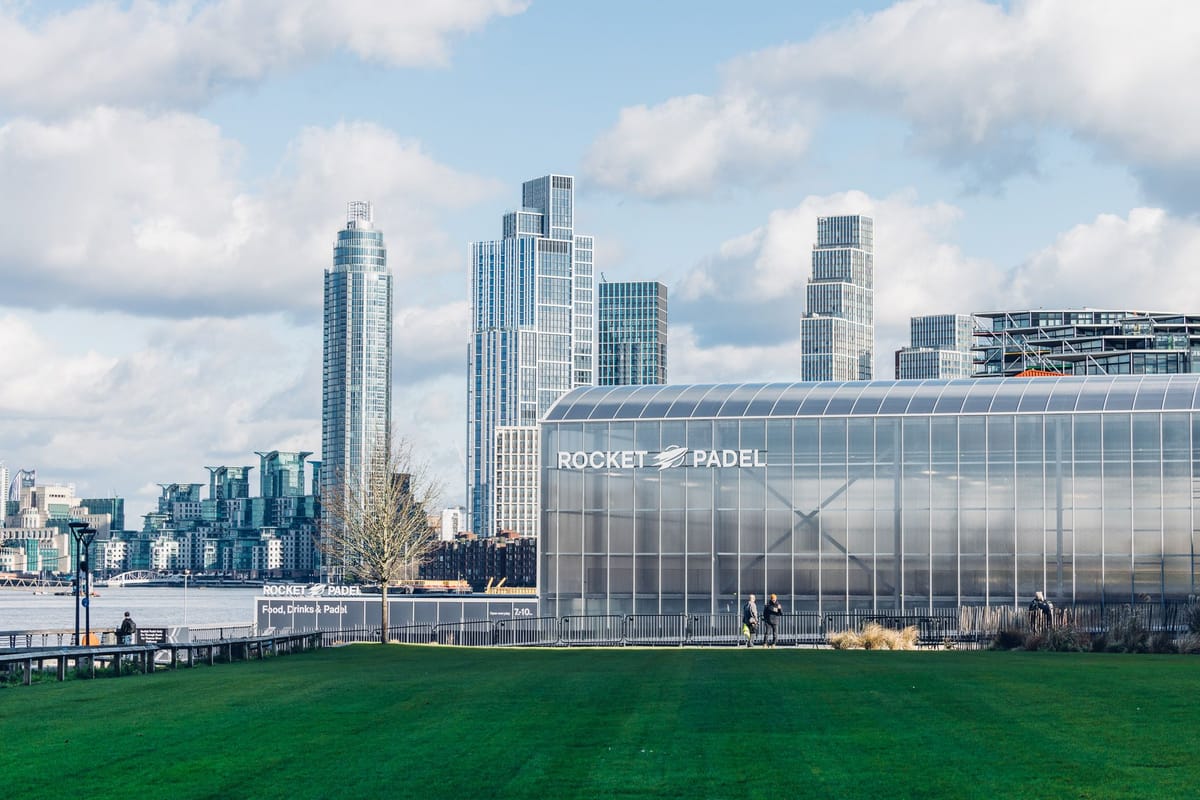
Look around any UK city and you’ll probably spot it. A glass court, four players inside, laughing, lunging, and bouncing shots off the walls. Padel has officially arrived, and the numbers back it up. In 2024 alone, more than 400,000 people picked up a racket, up from just 129,000 the year before. Court numbers have surged too, from fewer than 200 in 2021 to nearly 900 across the UK today.
This is no passing fad. It feels like something much bigger. The vibe at many new clubs says it all. Places like Padel Yard in London combine the sport with music, coffee, and community. You do not just play a match, you hang out before and after. It is social, fun, and inclusive, and that is exactly why it is taking off.
But for all the excitement, there are challenges bubbling under the surface.
A Sport Everyone Wants to Play, But Not Enough Space
The demand is sky high. Evening and weekend bookings are snapped up instantly. Many indoor clubs are fully booked every night. The appetite to play is huge, but there simply are not enough courts to go around.
The core problem is space. Padel courts are not easy to set up quickly. You cannot just paint lines on a tennis court. They need proper foundations, glass walls, and planning approval. That is proving to be the biggest bottleneck.
Experienced developers are saying that most padel projects never make it past the idea stage. Finding a location, dealing with local councils, and convincing landlords remains a major hurdle. Even well-funded investors with celebrity backing have been turned away by cautious property owners. Some landlords still see padel as a trend that might fade, similar to the trampoline park craze a few years ago.
Throw in planning red tape, noise complaints, and high construction costs, and you can see why new clubs are slow to appear. It is expensive too. A single court can cost upwards of £80,000 to build, especially if it needs to be covered or indoor. That is why so many new venues are converting old tennis courts or teaming up with existing clubs to cut costs and fast-track approvals.
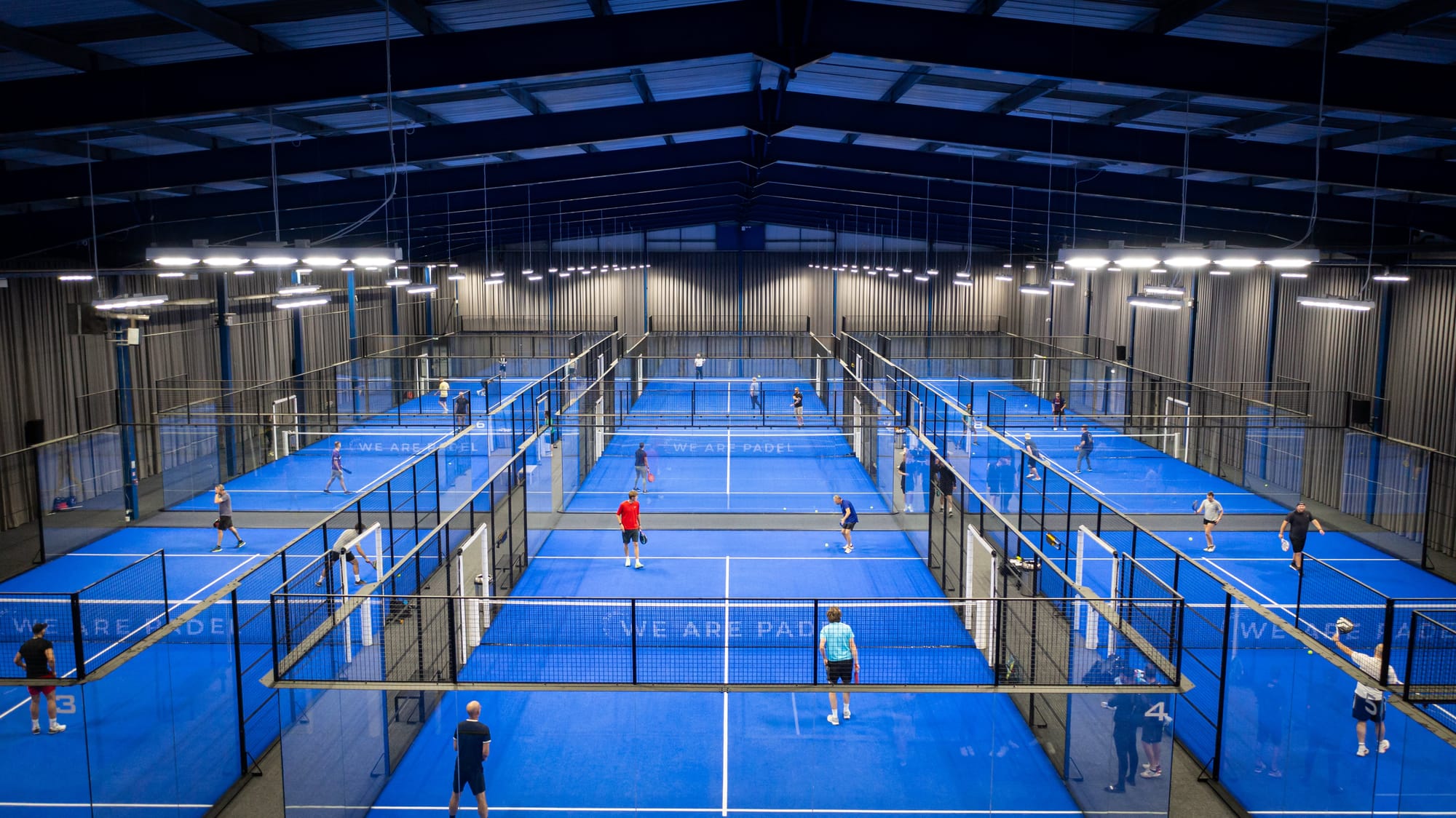
The Affordability Question
As padel becomes more popular, another question is creeping in. Can everyone afford to keep playing?
In London, court prices at peak times can climb to £100 per hour. Even when split four ways, that is still £25 a person for just one hour of play. Outside London, it is slightly more affordable, but still not cheap. For a sport that prides itself on being accessible and easy to learn, this is a tough pill to swallow for many players.
Some are getting creative. Players are cycling across cities to find cheaper courts. Others are joining mix-in sessions to split the cost or booking off-peak times where rates are lower. But for anyone working nine to five, those off-peak slots are not always realistic.
There is a real risk that padel becomes something people love, but cannot afford to play often. That would be a shame. Because part of padel’s appeal is that it feels open to everyone. Unlike golf or boutique fitness studios, this is supposed to be casual and welcoming. If prices stay high, it might not stay that way for long.
The Good News
Despite the bumps, there is a lot to be positive about. The LTA has invested millions into padel since 2021. They have supported court development at tennis clubs, launched awareness campaigns, and encouraged inclusive community programmes. Over three quarters of venues now offer some form of outreach, including youth sessions and free coaching.
Private companies are pushing forward too. Operators like Game4Padel are expanding quickly, often with backing from big names like Andy Murray. Some of their venues are fully booked months in advance, and new sites are popping up regularly. Even leisure chains like Powerleague are starting to add padel courts to their facilities.
There is also innovation in how courts are being built. Some operators are choosing outdoor courts with canopy covers instead of waiting for a perfect warehouse to open up. This makes the build faster, avoids certain planning issues, and brings costs down. It might not be glamorous, but it gets people playing sooner.
And more local councils are beginning to see the opportunity. In some towns, councils are offering land for private operators to develop padel courts in parks or disused areas. These types of partnerships could unlock a lot of new playing space in the years ahead.
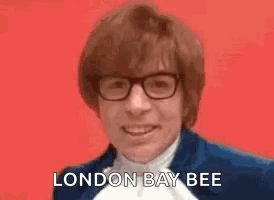
What Comes Next
The UK padel scene is buzzing. You can feel the momentum. Every week, there are new venues, more players, and bigger communities. But the growth needs to be managed carefully. There is a balancing act between access and profitability, speed and sustainability.
If stakeholders can find the right mix, there is no reason why padel cannot become a permanent fixture in British sport. More courts in more places. Better pricing options. Continued investment in public facilities. These are the keys to making sure the sport does not stall out.
For now, the energy is real and the movement is growing. If you have not joined in yet, now is a good time to get involved. Just bring your racket, bring your mates, and maybe keep an eye out for an affordable court with an early morning slot. The game is growing fast. And it is just getting started.
PS - in case you didn't know, No Strings is now stocked at one of the UK's most sort after private members club: Barnsgrove. Check out their set up below

Have a good week,
Jacques & James



